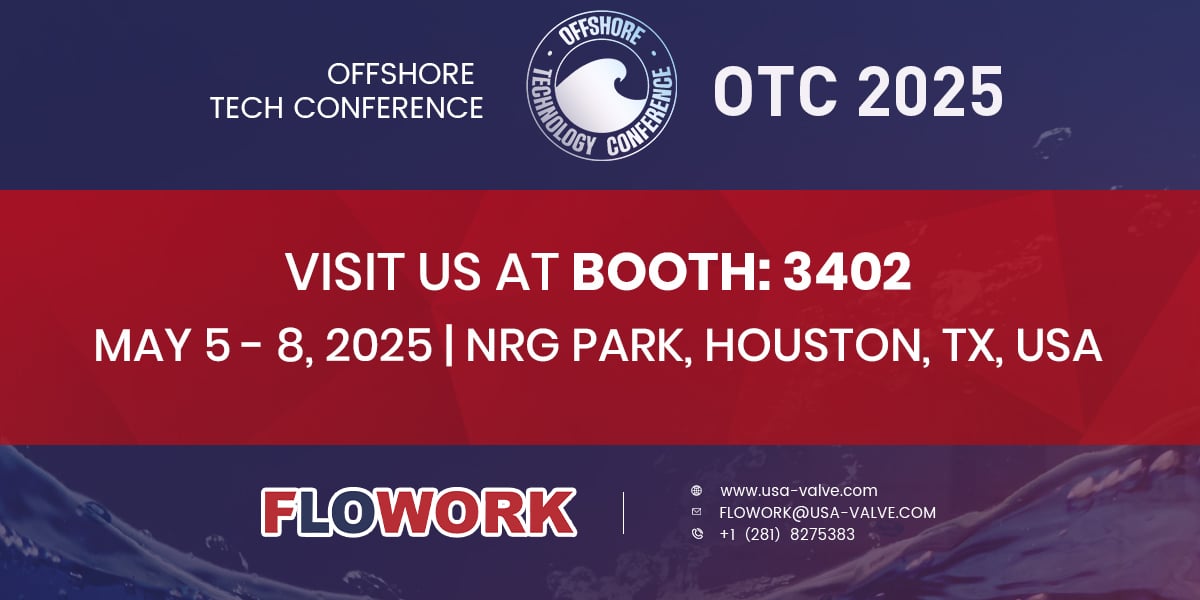What's the Difference Between API 6D and API 608 Standards for Ball Valves
The American Petroleum Institute (API) standards for ball valves include API 6D and API 608, updated in 2021. These standards provide specifications for design, manufacturing, testing, and documentation of ball valves used in various industries, including the oil and gas sector. Here are the main differences between API 6D and API 608 standards for ball valves:
1.Scope and Application:
API 6D: This standard specifically focuses on pipeline ball valves used in the petroleum and natural gas industries. It covers design, materials, manufacturing, inspection, testing, and documentation requirements for pipeline ball valves, including both floating and trunnion-mounted designs.
API 608: API 608 covers ball valves primarily intended for general industrial applications. It includes design, materials, manufacturing, testing, and inspection criteria for metal ball valves used in a wide range of industries beyond oil and gas.
2.Valve Types:
API 6D: API 6D mainly applies to pipeline ball valves, which are used to control the flow of fluids through pipelines. These valves can be either floating ball or trunnion-mounted ball designs and are often employed in critical applications in the oil and gas sector.
API 608: API 608 covers a broader range of ball valves used in industrial applications, including steam, water, and other fluids. The scope includes both reduced bore and full bore designs, making it suitable for a wider array of non-pipeline applications.
3.Bore Size:
API 6D: API 6D primarily deals with full bore pipeline ball valves, designed for high-flow applications.
API 608: API 608 encompasses both reduced bore and full bore designs, allowing for more flexibility in selecting a valve based on the specific flow requirements of the application.
4.Industry Focus:
API 6D: This standard is particularly relevant to the oil and gas industry, where pipeline ball valves are used to regulate the flow of hydrocarbons and other fluids in the transportation and processing of oil and gas.
API 608: API 608 applies to a broader range of industries, including petrochemical, chemical, power generation, water treatment, and other industrial sectors.










